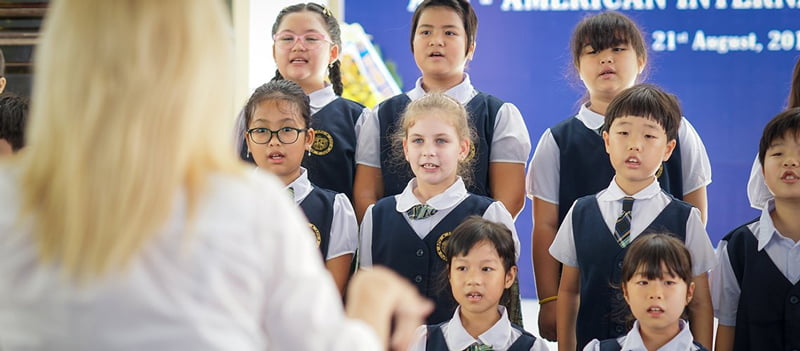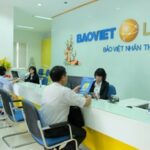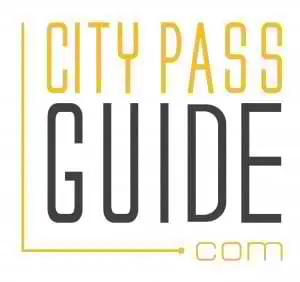APU International Elementary School uses a play-based curriculum to develop creativity and inquiry. Based on the American educational experience and curriculum, American International School (APU) has received accreditation and membership certification from many leading international educational organisations. The primary curriculum focuses on maths, literacy, social studies and sciences in harmony with a teaching style that encourages self-confidence and individuality.







